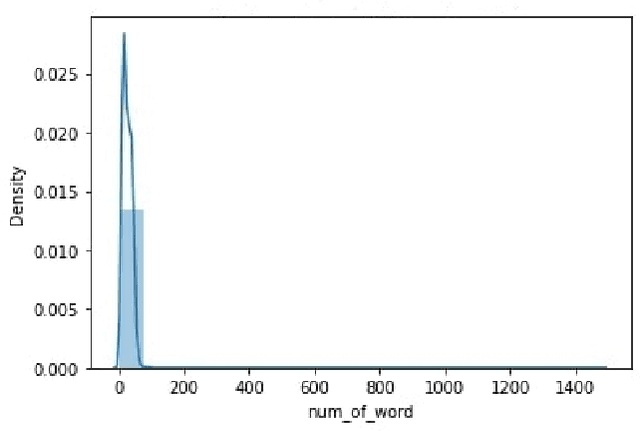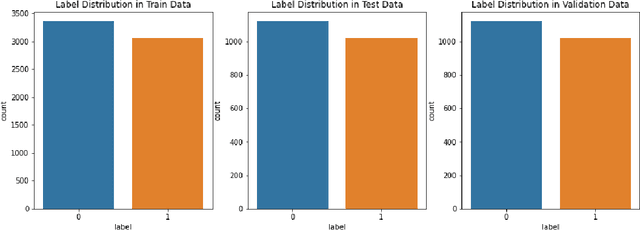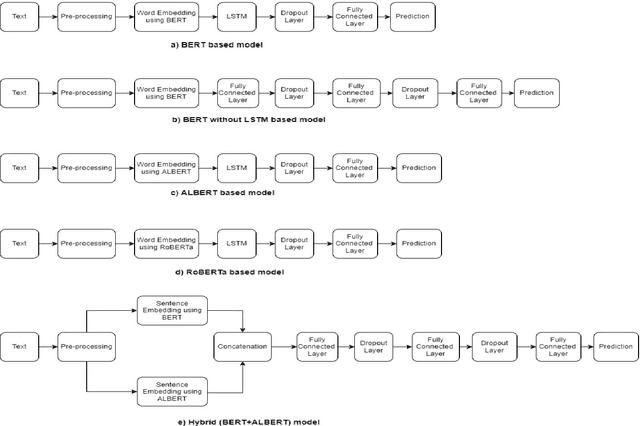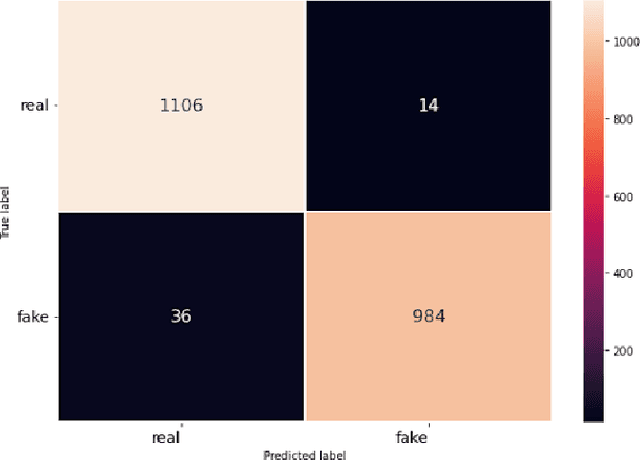Riyo Hayat Khan
A Hybrid Evolutionary Approach to Solve University Course Allocation Problem
Nov 15, 2022



Abstract:This paper discusses various types of constraints, difficulties and solutions to overcome the challenges regarding university course allocation problem. A hybrid evolutionary algorithm has been defined combining Local Repair Algorithm and Modified Genetic Algorithm to generate the best course assignment. After analyzing the collected dataset, all the necessary constraints were formulated. These constraints manage to cover the aspects needed to be kept in mind while preparing clash free and efficient class schedules for every faculty member. The goal is to generate an optimized solution which will fulfill those constraints while maintaining time efficiency and also reduce the workload of handling this task manually. The proposed algorithm was compared with some base level optimization algorithms to show the better efficiency in terms of accuracy and time.
A Comparative Study on COVID-19 Fake News Detection Using Different Transformer Based Models
Aug 02, 2022



Abstract:The rapid advancement of social networks and the convenience of internet availability have accelerated the rampant spread of false news and rumors on social media sites. Amid the COVID 19 epidemic, this misleading information has aggravated the situation by putting peoples mental and physical lives in danger. To limit the spread of such inaccuracies, identifying the fake news from online platforms could be the first and foremost step. In this research, the authors have conducted a comparative analysis by implementing five transformer based models such as BERT, BERT without LSTM, ALBERT, RoBERTa, and a Hybrid of BERT & ALBERT in order to detect the fraudulent news of COVID 19 from the internet. COVID 19 Fake News Dataset has been used for training and testing the models. Among all these models, the RoBERTa model has performed better than other models by obtaining an F1 score of 0.98 in both real and fake classes.
 Add to Chrome
Add to Chrome Add to Firefox
Add to Firefox Add to Edge
Add to Edge